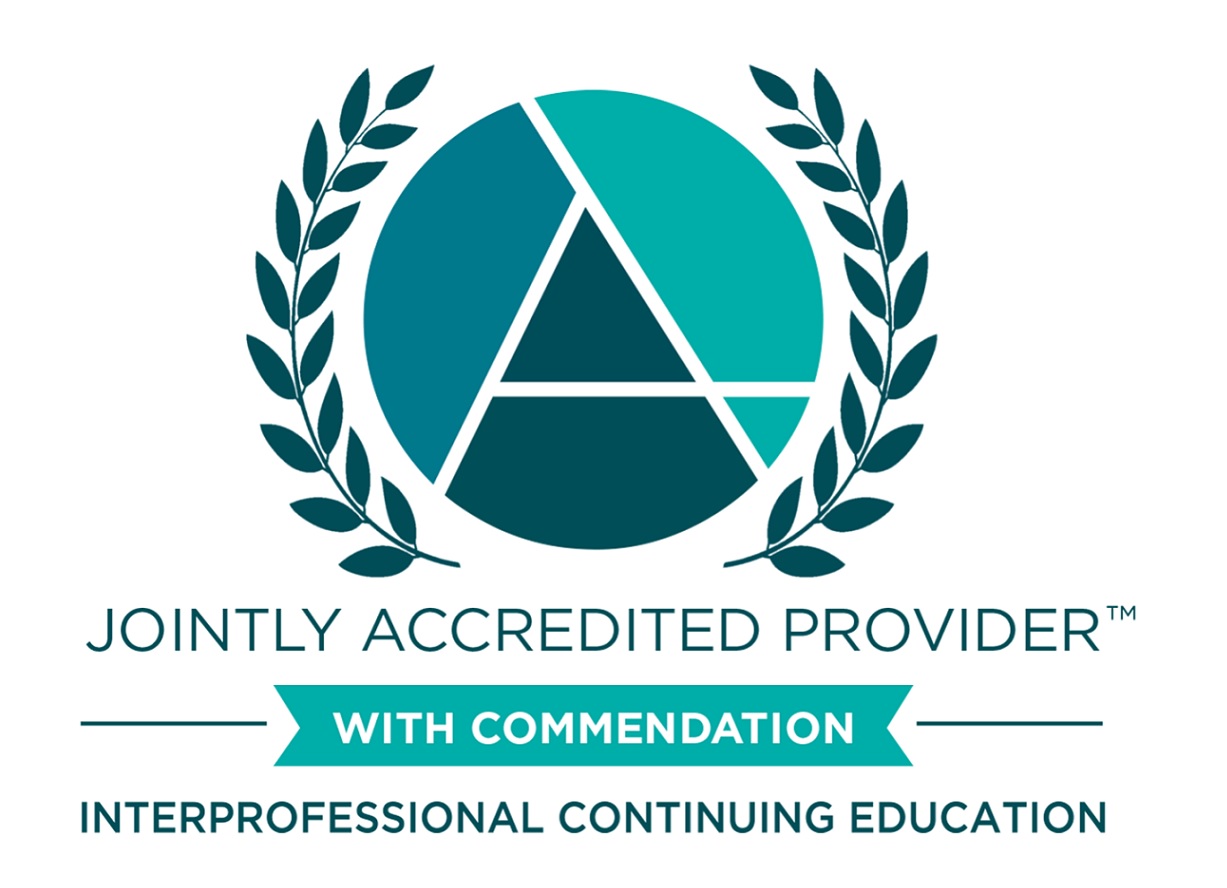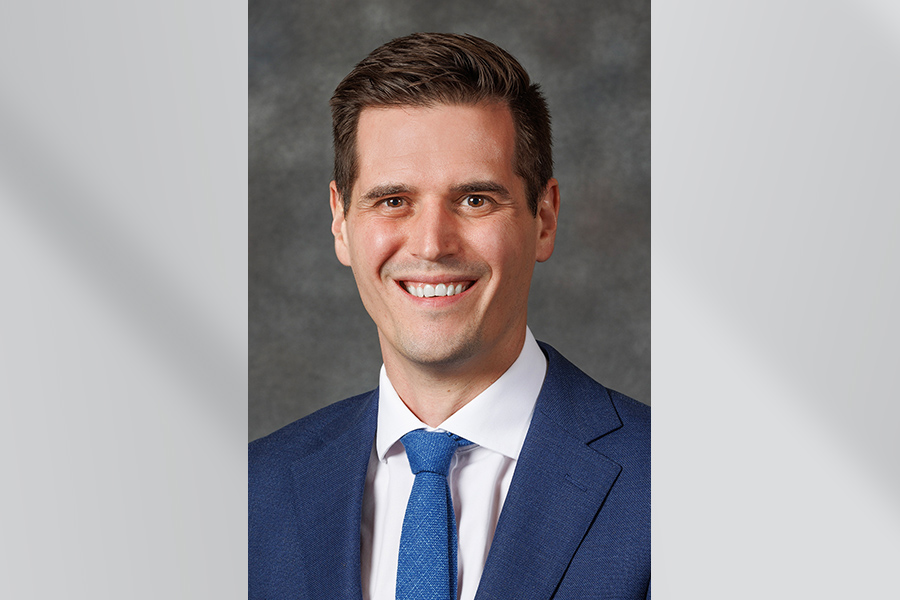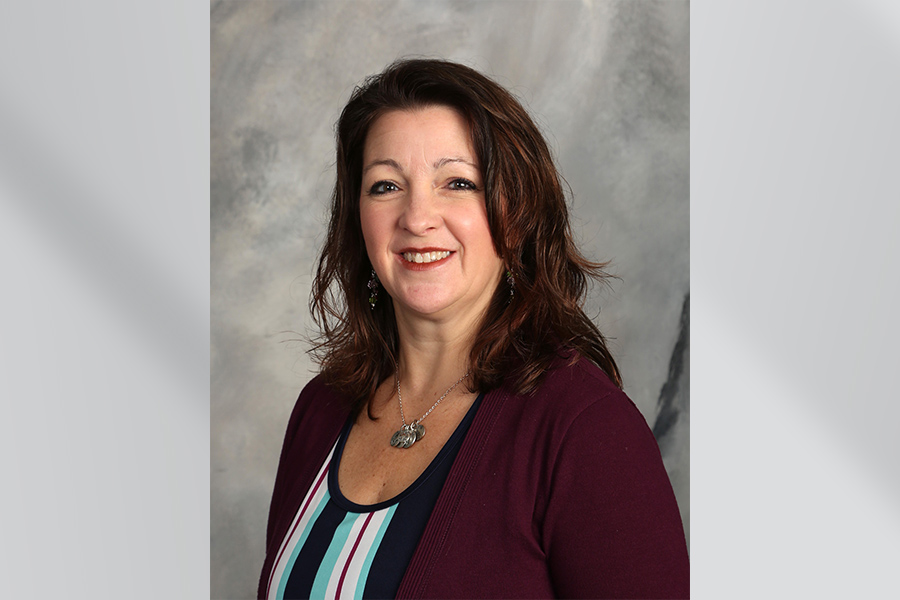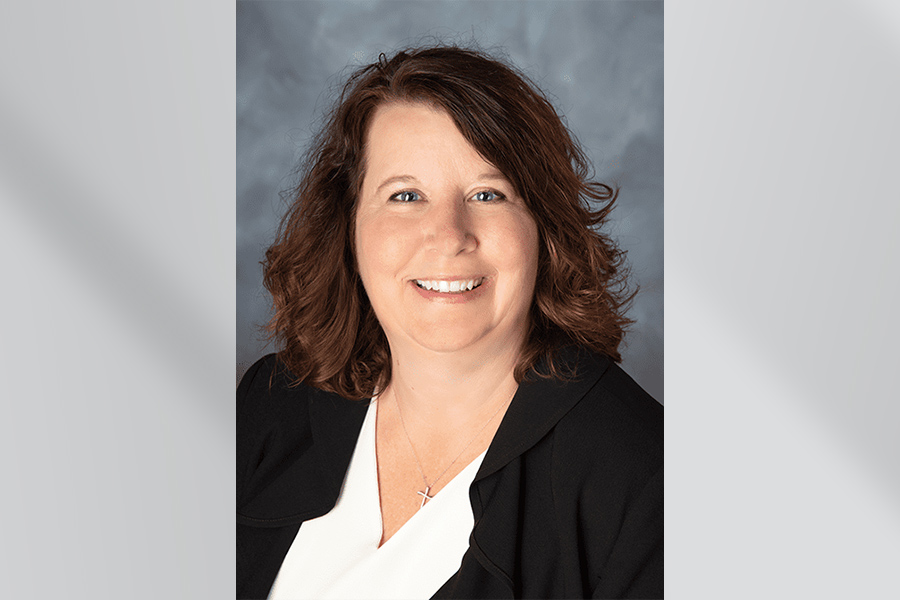BHECN ARPA Awardee and Community Stakeholder Conference
The BHECN ARPA Awardee and Community Stakeholder Summit is a day-long event that aims to gather awardees for cross-regional networking and outcome-sharing, convene broad community stakeholders, and promote, recognize, and celebrate the success of the BHECN ARPA Awardees.
TARGET AUDIENCE
This accredited continuing education activity is designed for BHECN ARPA Awards Program Awardees; Behavioral Health Providers, to include nurses, psychologists, LMHPs, social workers, and LADCs; Behavioral Health Trainees; Legislative and Community Behavioral Health Stakeholders; Academic Health and Workforce Stakeholders.
EDUCATIONAL OBJECTIVES
At the conclusion of this activity, the participants should be better able to:
- Foster statewide networking and collaboration among behavioral health professionals, organizations, and stakeholders to strengthen workforce advocacy, research engagement, and funding opportunities.
- Discuss how to enhance telebehavioral health and integrated care by using data-driven decision-making to improve services and strengthen behavioral health workforce advocacy.
- Identify strategies to support workforce development and improve services for rural communities through collaboration and advocacy.
General Information
Date: Friday, June 13, 2025
Time: 9am-5pm Central Time
Location: Younes Conference Center North
416 Talmadge St., Kearney
Program ID: 25CE00063
 In support of improving patient care, University of Nebraska Medical Center is jointly accredited by the Accreditation Council for Continuing Medical Education (ACCME), the Accreditation Council for Pharmacy Education (ACPE), and the American Nurses Credentialing Center (ANCC), to provide continuing education for the healthcare team.
In support of improving patient care, University of Nebraska Medical Center is jointly accredited by the Accreditation Council for Continuing Medical Education (ACCME), the Accreditation Council for Pharmacy Education (ACPE), and the American Nurses Credentialing Center (ANCC), to provide continuing education for the healthcare team.
The University of Nebraska Medical Center designates this activity for 4.0 ANCC contact hours. Nurses should only claim credit for the actual time spent participating in the activity.
_______________________________________________________________________

This activity was planned by and for the healthcare team, and learners will receive 4.0 Interprofessional Continuing Education (IPCE) credits for learning and change.
_______________________________________________________________________

Continuing Education (CE) credits for psychologists are provided through the co-sponsorship of the American Psychological Association (APA) Office of Continuing Education in Psychology (CEP).
The APA CEP Office maintains responsibility for the content of the programs. This activity has been approved for 4.0 credit hours of continuing education credit.
_______________________________________________________________________
This activity meets the criteria of an approved continuing education program for Licensed Drug and Alcohol Counselors (LADC).
Registration
Registration is required. There are no fees to attend. Register before June 2, 2025.
Keynote Presentation
Nebraska Policy Updates: Impacts on Behavioral Health Workforce and Service Delivery -- Sen. John Fredrickson
 Nebraska State Senator, John Fredrickson, will provide an in-depth discussion on recent legislative developments affecting the workforce and behavioral health services. Sen. Fredrickson’s background as a behavioral health professional and his active role in shaping behavioral health policy provides him with unique insights into both prominent and nuanced policy changes from the latest legislative session. This session will cover updates on Certified Community Behavioral Health Clinics and analyze implications of recent policy shifts on service delivery and the behavioral health workforce.
Nebraska State Senator, John Fredrickson, will provide an in-depth discussion on recent legislative developments affecting the workforce and behavioral health services. Sen. Fredrickson’s background as a behavioral health professional and his active role in shaping behavioral health policy provides him with unique insights into both prominent and nuanced policy changes from the latest legislative session. This session will cover updates on Certified Community Behavioral Health Clinics and analyze implications of recent policy shifts on service delivery and the behavioral health workforce.
Workshops
 Join an engaging and interactive workshop led by Annette Dubas, director of the Nebraska Association for Behavioral Health Organizations (NABHO). This workshop is designed to equip behavioral health providers and organizational representatives with essential advocacy skills. Learn how to craft clear, compelling messages that resonate with policymakers, inform legislative decisions, and drive meaningful change. Participants will explore key issues affecting Nebraska’s behavioral health workforce, including Medicaid expansion and audits, licensure challenges, and reimbursement barriers while developing concise advocacy speech. Attendees will gain practical strategies for testifying at hearings, engaging with legislators, and taking immediate action through hands-on group activities.
Join an engaging and interactive workshop led by Annette Dubas, director of the Nebraska Association for Behavioral Health Organizations (NABHO). This workshop is designed to equip behavioral health providers and organizational representatives with essential advocacy skills. Learn how to craft clear, compelling messages that resonate with policymakers, inform legislative decisions, and drive meaningful change. Participants will explore key issues affecting Nebraska’s behavioral health workforce, including Medicaid expansion and audits, licensure challenges, and reimbursement barriers while developing concise advocacy speech. Attendees will gain practical strategies for testifying at hearings, engaging with legislators, and taking immediate action through hands-on group activities.
 This workshop will explore how access to healthcare and technology impact telebehavioral health service delivery. Participants will gain insights into best practices from organizations that have successfully overcome telebehavioral health service delivery barriers to reach more access-limited populations. Dr. Jonathan Neufeld, PhD, licensed clinical psychologist and director of the Great Plains Telehealth Resource and Assistance Center, will provide real-world examples, interactive discussions, and best practices for attendees to learn how to extend the reach of telebehavioral health to the rural and underserved communities.
This workshop will explore how access to healthcare and technology impact telebehavioral health service delivery. Participants will gain insights into best practices from organizations that have successfully overcome telebehavioral health service delivery barriers to reach more access-limited populations. Dr. Jonathan Neufeld, PhD, licensed clinical psychologist and director of the Great Plains Telehealth Resource and Assistance Center, will provide real-world examples, interactive discussions, and best practices for attendees to learn how to extend the reach of telebehavioral health to the rural and underserved communities.
 Successful grant programs go beyond simply writing proposals. They require strategic planning that aligns with your organization’s mission and builds a sustainable pathway to funding. This workshop will guide participants through key steps to develop a tailored grant program that addresses organizational needs while maximizing funding opportunities. Through practical examples and interactive discussions, Jen Hart of Heartland Counseling Services in South Sioux City, will highlight tools and strategies needed to create a robust grant program that not only secures funding but also fosters long-term organizational growth.
Successful grant programs go beyond simply writing proposals. They require strategic planning that aligns with your organization’s mission and builds a sustainable pathway to funding. This workshop will guide participants through key steps to develop a tailored grant program that addresses organizational needs while maximizing funding opportunities. Through practical examples and interactive discussions, Jen Hart of Heartland Counseling Services in South Sioux City, will highlight tools and strategies needed to create a robust grant program that not only secures funding but also fosters long-term organizational growth.
 Achieving integrated care requires interagency communication and care coordination as patient acuity changes. When medical teams fail to communicate between inpatient, outpatient, and emergency settings it causes patient harm. This session will focus on collaborative solutioning to establish pathways of communication to successfully transition patients between teams.
Achieving integrated care requires interagency communication and care coordination as patient acuity changes. When medical teams fail to communicate between inpatient, outpatient, and emergency settings it causes patient harm. This session will focus on collaborative solutioning to establish pathways of communication to successfully transition patients between teams.
 Securing grant funding requires data-driven proposals. In this workshop, Patrick Maloney, PhD, and professor of epidemiology at the University of Nebraska Medical Center College of Public Health, will guide participants through common and accessible public data to strengthen the quality and competitiveness of grant applications.
Securing grant funding requires data-driven proposals. In this workshop, Patrick Maloney, PhD, and professor of epidemiology at the University of Nebraska Medical Center College of Public Health, will guide participants through common and accessible public data to strengthen the quality and competitiveness of grant applications.
 Strong partnerships are essential to meeting community behavioral health needs. In this session, Denise Zwiener, CEO of Buffalo County Community Partners, will share insights from the Wellbeing Collaborative and illustrate how county-level and regional partnerships can be established and sustained to support behavioral health outcomes. Participants will explore strategies for connecting behavioral health providers, engaging community stakeholders most impacted by behavioral health challenges, and forming an inclusive advisory board to guide collaborative efforts. This session will also cover practical approaches for maintaining momentum, communication, and trust across networks over time.
Strong partnerships are essential to meeting community behavioral health needs. In this session, Denise Zwiener, CEO of Buffalo County Community Partners, will share insights from the Wellbeing Collaborative and illustrate how county-level and regional partnerships can be established and sustained to support behavioral health outcomes. Participants will explore strategies for connecting behavioral health providers, engaging community stakeholders most impacted by behavioral health challenges, and forming an inclusive advisory board to guide collaborative efforts. This session will also cover practical approaches for maintaining momentum, communication, and trust across networks over time.